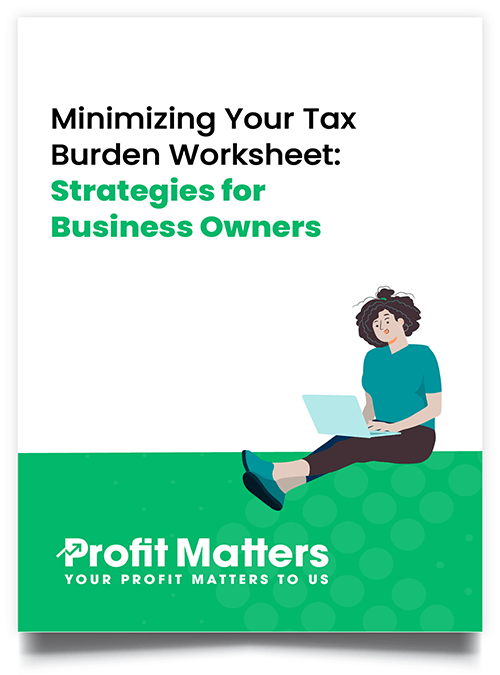Whether it is recording expenses, separating personal and business transactions, or preparing and generating accounting reports, most entrepreneurs find it difficult to keep up with these tasks.
But while accounting might be one of the least favorite tasks for many business owners, a deliberate effort must be made to ensure that business records are well-kept. Messed up records normally result in lost opportunities, loss of money, and a possible fallout with state departments such as the IRS.
That is why the proper management your books of accounts should come on top of your to-do list. Although it may not be that easy especially if you have a backlog of work, the 3 tools recommended below should help you get on top of things. Remember that you can still talk to a professional to assist whenever possible. With that, here are our recommended accounting tools for your small business in 2019.

Tool 1: All-in-One Accounting Application
Listen:
There can never be a single tool that has virtually everything.
You need to identify a system that covers everything that is important to your specific business. Whether you require one that comes with inventory management functionalities, automated reports, cloud-based, multi-user, multi-sales channels compatibility or more, you’ll need to do a list of all must-have features as well as some nice-to-have ones.
This will help you narrow down to that one accounting tool that works best in your industry. Speaking of narrowing down, make sure that you shop around for the best price deals too.
Other than speaking to a niche bookkeeper in your industry, you can also talk to other business owners in your space to see what works for them when it comes to accounting and bookkeeping needs.
Tool 2: Payroll Application
Not every accounting tool will come with payroll functionality. If you happen to acquire one that actually offers a payroll system, well and good.
But if you don’t, here’s what you need to know…
Proper payroll software will help you manage your staff wages and salaries effortlessly. If your staff work on a fixed pay system or an hourly basis, make sure that your payroll application can capture the information accurately and in an unbiased way to avoid over/underpayment of your staff members.
Also, go for a system that automates state deductions accurately to help you remain compliant. While at it, make sure that the application is IRS-approved to avoid falling on the wrong side of the law.
Tool 3: Competent Staff/Consultants
They say if you want to go fast, go alone. But if you wish to go far, go together. However much gifted you may be as an entrepreneur; you need a team of dedicated partners or staff to help you achieve your business goals.
If you’re going to engage a bookkeeper for your small business, it extremely important for them to have what it takes to get the job done (well). Consider going for bookkeepers or accountants with substantial experience in your space; this way, you will greatly benefit from their years of experience in solving the problems you may be facing today.
The Bottom Line
Small businesses are always very delicate during their first few years. Various studies show that one of the major causes of business failure is poor record-keeping. As an entrepreneur, you want to make sure that your accounting records are not only up-to-date but also maintained using the best tools in your industry. And with the three recommendations above, you should be ready to fire up.
Are you having problems identifying accounting/bookkeeping tools for your small business? Let us help you figure that out today…



